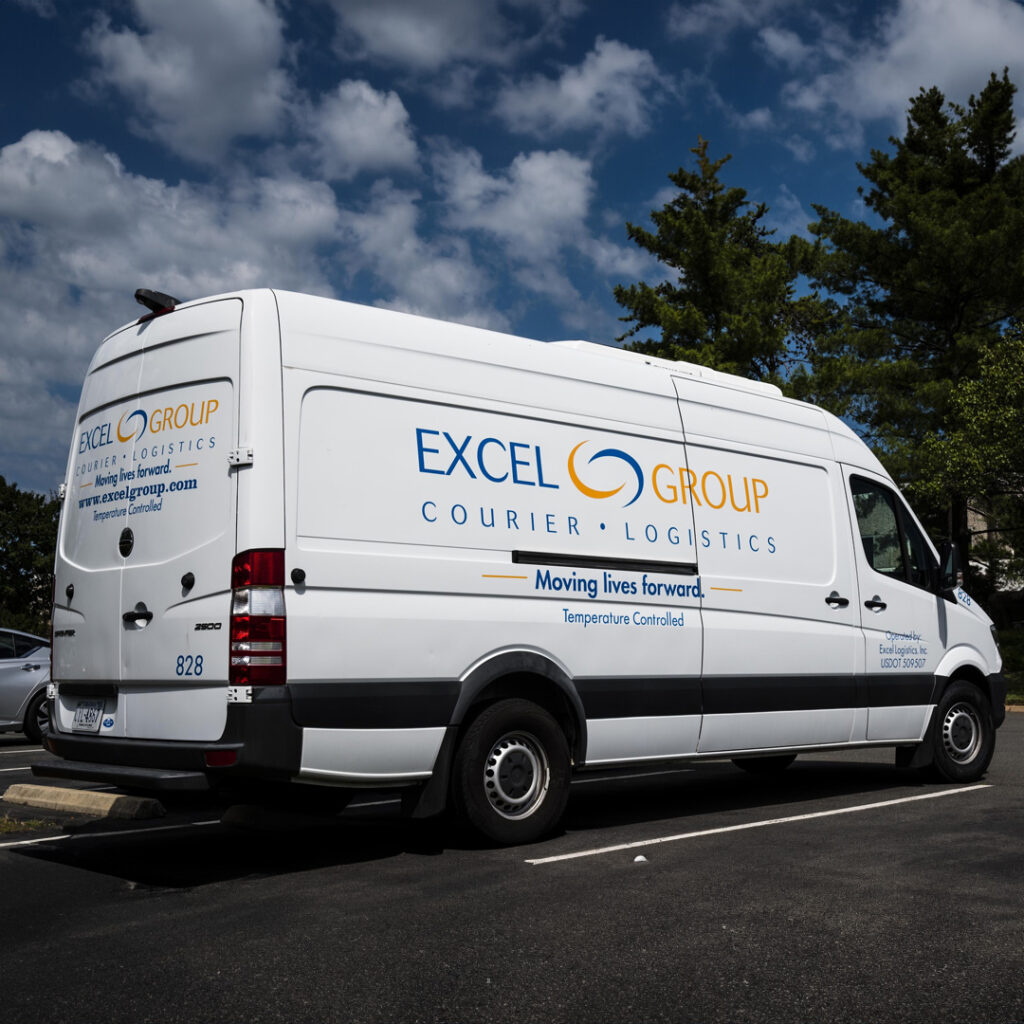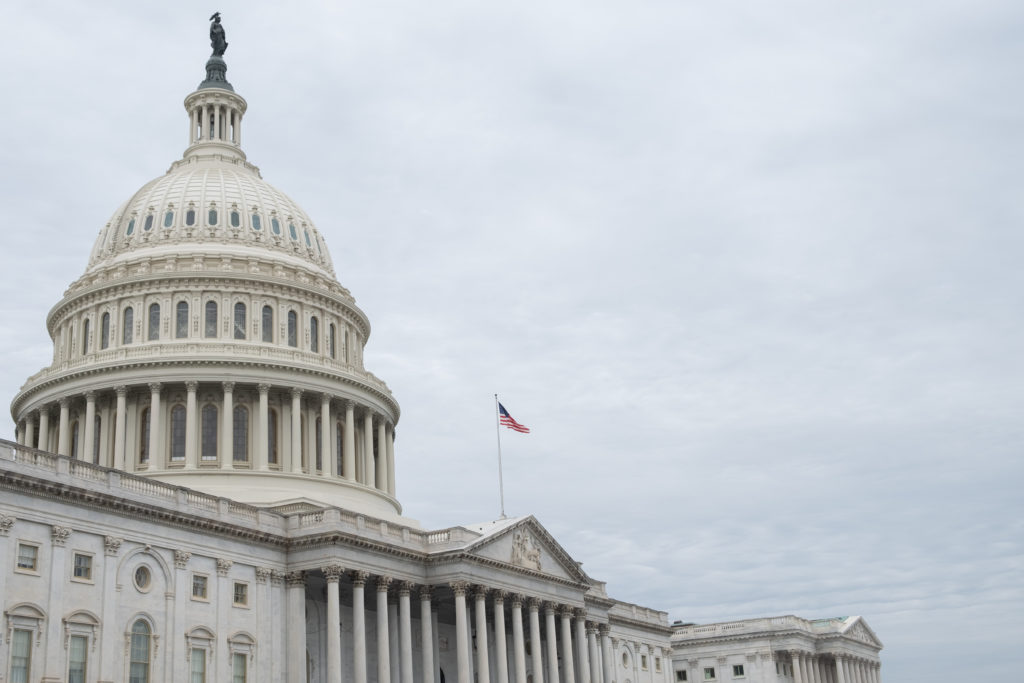Last month, the U.S. Senate Committee on Commerce, Science, and Transportation considered and overwhelmingly approved the Surface Transportation Investment Act of 2021. If passed by the full Senate and then reconciled with the House companion bill, this legislation would become the new transportation safety title to a reauthorization bill.
At a high level, the bill spends $78 billion over five years on surface transportation programs, including $13 billion on safety, and would be a significant increase over the previous reauthorization (the FAST Act) in 2015.
Although the highlighted provisions below only apply to vehicles over 10,000 lbs. GVWR, we know many if not most couriers have at least some of those, which is why we are providing this update.
- Automatic emergency braking (AEB): If passed, the Department of Transportation would, within two years of enactment, require automatic emergency braking (AEB) on new heavy-duty CMVs and would require operators to use these systems. A study would also be required within two years of enactment on the effectiveness of AEB for collision avoidance and the costs, feasibility, and benefits associated with installing it on other CMVs with a GVWR above 10,000 lbs.
- Underride guards: This language would direct further study and research of side and front underride guards rather than industry-wide mandate requiring their use. In addition, the language would direct the Secretary of Transportation to, within one year, strengthen rear underride guard standards, conduct additional research on their effectiveness, and amend periodic inspection standards.
- Electronic logging device (ELD) oversight: Requires the Secretary of Transportation to submit a report to Congress outlining how the Department of Transportation intends to protect proprietary and personally identifiable information obtained from ELDs and how operators can challenge or appeal violations issued by FMCSA that occur as a result of ELDs.
- Marijuana-impaired driving: Requires states that have legalized marijuana to consider programs to educate drivers on the risks associated with marijuana-impaired driving.
- Enforcement reviews: Requires the establishment of a process for reviewing each out-of-service order and imminent hazard determination.
- CMV crash causation study: Requires a comprehensive study be conducted on the causes and contributing factors to heavy vehicle crash causation. This effort is already underway at FMCSA.
- Distracted driving: Improves programs addressing distracted and impaired driving.
We also note that this legislation does not include an arbitrary increase to minimum insurance requirements, as is the case in the House bill. In coalition with the Owner-Operator Independent Drivers Association (OOIDA) and many others, CLDA has been working aggressively to prevent passage of this increase.




